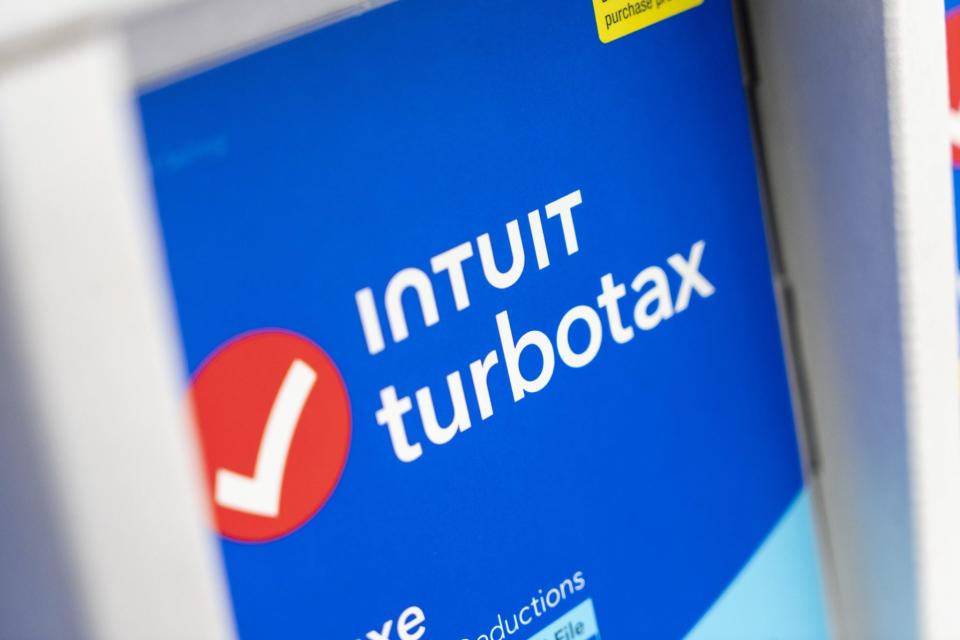Intuit’s CEO continues to ‘bet the company on AI and data’

Good morning. Big tech companies are readjusting personnel in the age of artificial intelligence. This includes Google, which informed its employees in April that it is restructuring its finance team to redistribute resources toward AI. The latest example is software giant Intuit.
I reported yesterday that the Fortune 500 company—known for products like QuickBooks, Credit Karma, and TurboTax—is laying off approximately 1,800 of its global employees, which amounts to 10% of its workforce and includes some executives. CEO Sasan Goodarzi wrote an email to employees announcing the “very difficult decisions my leadership team and I have made.”
Goodarzi wrote that Intuit’s transformation journey, including parting with the 1,800 employees, is part of its strategy to increase investments in priority focus areas. Those areas include AI and generative AI like its GenAI-powered financial assistant called Intuit Assist, while Intuit at the same time reimagines its products from traditional workflows to AI-native experiences. The strategy also focuses on money movement, mid-market expansion for small businesses, and international growth.
“We do not do layoffs to cut costs, and that remains true in this case,” Goodarzi wrote. Intuit plans to hire approximately 1,800 new people with strategic functional skill sets primarily in engineering, product, and customer-facing roles such as sales, customer success, and marketing—and expects its overall headcount to grow in its fiscal year 2025, which begins Aug. 1.
Of the employees who will depart Intuit, 1,050 are not meeting expectations based on a formal performance management process, according to the company. And it’s reducing the number of executives—directors, SVPs, and EVPs—by approximately 10%, expanding certain executive roles and responsibilities.
All departing U.S. employees will receive a package that includes a minimum of 16 weeks of pay, and two additional weeks for every year of service. They will have 60 days before they leave the company, with a last day of Sept. 9. Employees outside the U.S. will receive similar support, according to the company.
Intuit earned $14.4 billion in revenue in its fiscal year 2023, moving up 24 spots on the Fortune 500. For the period ending April 30, Intuit reported revenue of $6.7 billion, up 12%.
AI is beginning to fundamentally change business, according to McKinsey. Interest in generative AI has intensified a spotlight on a broader set of AI capabilities at organizations. The firm’s recently published global survey finds AI adoption had risen this year to 72%. For the past six years, AI adoption by respondents’ organizations has hovered at about 50%. Half of respondents said their companies have adopted AI in two or more business functions, up from less than a third of respondents who said the same in 2023.
In September, my Fortune colleague Geoff Colvin reported on Intuit’s massive strategy reset putting AI at the center of the business. Colvin wrote: “Intuit has a long AI head start against its competitors including H&R Block, Cash App, TaxSlayer, Xero, FreshBooks, and others. The company is hoping its early investment will produce a network effect, in which good AI-generated recommendations attract more customers, bringing in more data, improving the company’s products, therefore attracting more customers.”
Goodarzi told Colvin his objective since becoming CEO in 2019: “The decision I made was, as a team, we’re going to bet the company on data and AI.”
Sheryl Estrada
sheryl.estrada@fortune.com
This story was originally featured on Fortune.com

 Yahoo Finance
Yahoo Finance 